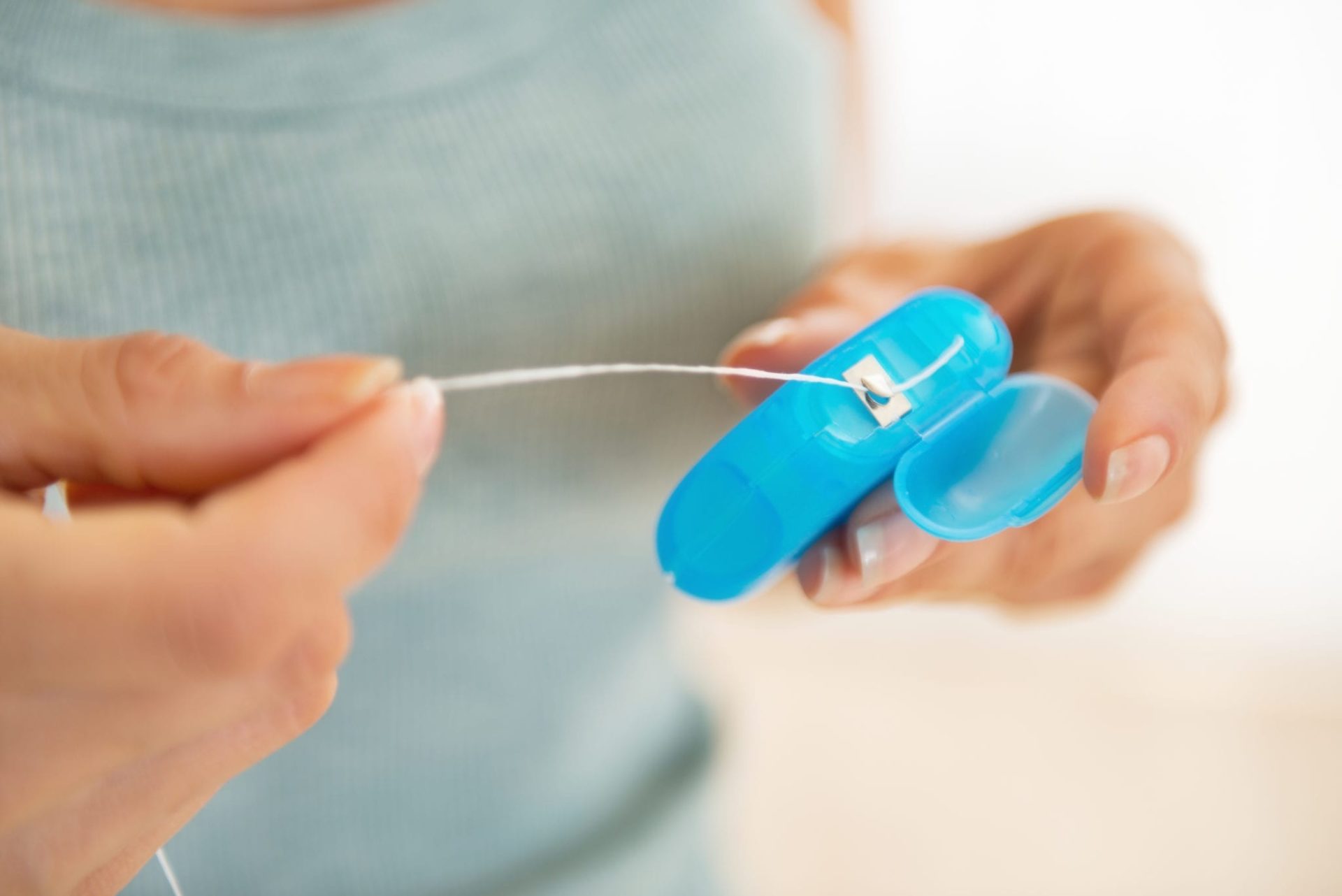Flossing. It’s that extra step before you brush. Many Americans don’t floss, citing reasons of time, gum tenderness or difficulty.
Isn’t flossing unnecessary if you brush twice a day? Think again. Flossing is essential for healthy gums and teeth. Learn more about the benefits of flossing and how to floss the right way.
Why Should You Be Flossing?
A study from Waterpik and the American Dental Association (ADA) reports that only 16 percent of Americans floss once a day. Twenty percent say they only floss when needed. Only flossing when something is stuck in your teeth isn’t enough.
Flossing does more than dislodge that piece of chicken leftover from dinner or the broccoli you had for lunch. While removing food particles, flossing also removes plaque buildup from between your teeth. It gives you a chance to scrape away plaque on the back and edges of your molars, too—a place your toothbrush doesn’t always reach.
Adding flossing to your daily routine helps you avoid gingivitis and ensure your mouth is healthy for years to come. We’ve outlined a few more benefits of flossing:
- Healthier gums. Plaque loves to stick to your teeth. When plaque hardens, it forms tartar. Gum disease occurs when plaque and tartar spread below the gum line, causing gum irritation, inflammation and tenderness. If gum disease is allowed to progress, you could face tooth, tissue and bone loss. Flossing regularly helps stop the spread of plaque and keep gums healthy.
- Brighter teeth. Flossing can even make your teeth appear brighter! By removing plaque and food particles, you’ll avoid plaque buildup which can make your teeth appear yellow.
- Better breath. Bad breath, also known as halitosis, can be caused by diet, medications and certain diseases, but the most common cause of bad breath is poor dental hygiene. Plaque contains more than 500 species of bacteria. As plaque builds, its bacteria produces unpleasant odors. Flossing removes the culprit of your bad breath—plaque. Depending on the severity of your symptoms, you may not realize you have early stage gum disease. That’s why it’s important to see a dentist regularly.
Standard Floss, Flossers & Water Flossers
There are several ways to floss depending on the tool you use. Standard string floss works well for most smiles. If you have difficulty handling floss, you may consider single-use flossers. Instead of wrapping floss around your fingers, single-use flossers have a plastic handle that makes flossing easier.
People with braces or special dental work may want to purchase a floss pick or water flosser. This tool uses a stream of water to clean between teeth. You can also find smaller, specialized floss brushes that do the job. Interdental brushes are an effective way to remove plaque buildup when combined with regular brushing.
Waterpik and the ADA found that adults often use unusual items to remove things from their teeth. You should never floss or remove something from your teeth with your fingernails, cutlery, safety pins or hair. Always use floss, a water flosser or an interdental brush to avoid chipping teeth or injuring your gums.
How to Floss in 5 Steps
Flossing can be tricky. If you are flossing with standard string floss, follow these directions.
- Start with 18 to 20 inches of floss. Wrap most of the floss around your two middle fingers, leaving a few inches of floss in between.
- Manipulate the floss with your thumb and forefinger. Place it between two teeth.
- Glide the floss down against one of the teeth.
- At the base of the tooth, curve the floss into a “C” shape and glide the floss up the tooth.
- Use a clean section of floss and repeat steps one through four until you’ve flossed between and behind all of your teeth.
Flossing at any time of day is better than not flossing at all. We recommend flossing before you brush your teeth to loosen any particles. Adults and children should floss regularly to promote healthy gums and avoid gum disease. Help your children get into the habit of flossing by doing it together.
Learn more about taking care of your teeth in our blog, 3 Ways to Go Beyond Brushing.
Do you need a dentist? Is it time for a regular dental cleaning?
Call Ukena Brandes Family Dental at (417) 887-5952 for an appointment, or contact us online for more information. We’d love to welcome you to our office and help you maintain a beautiful, healthy smile.




